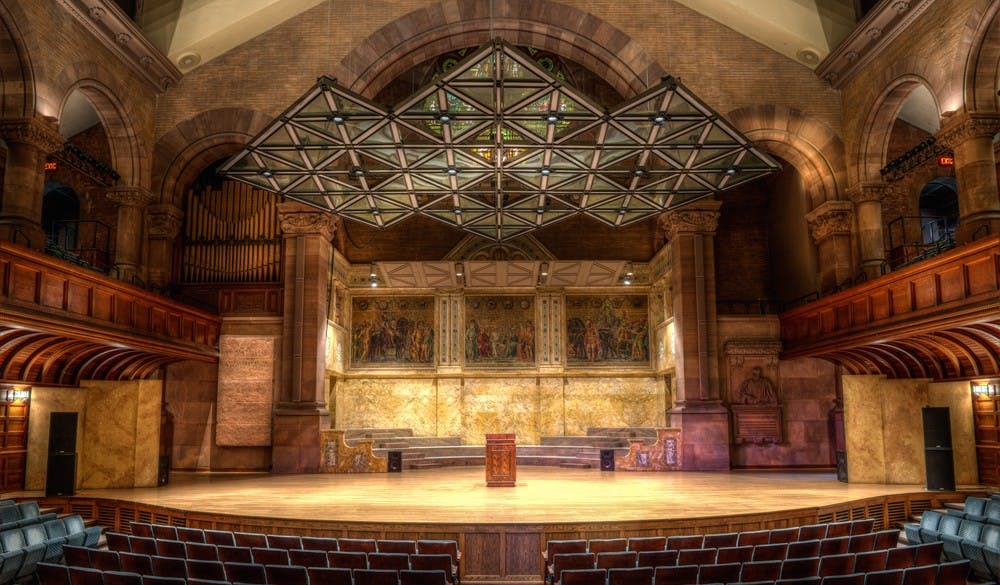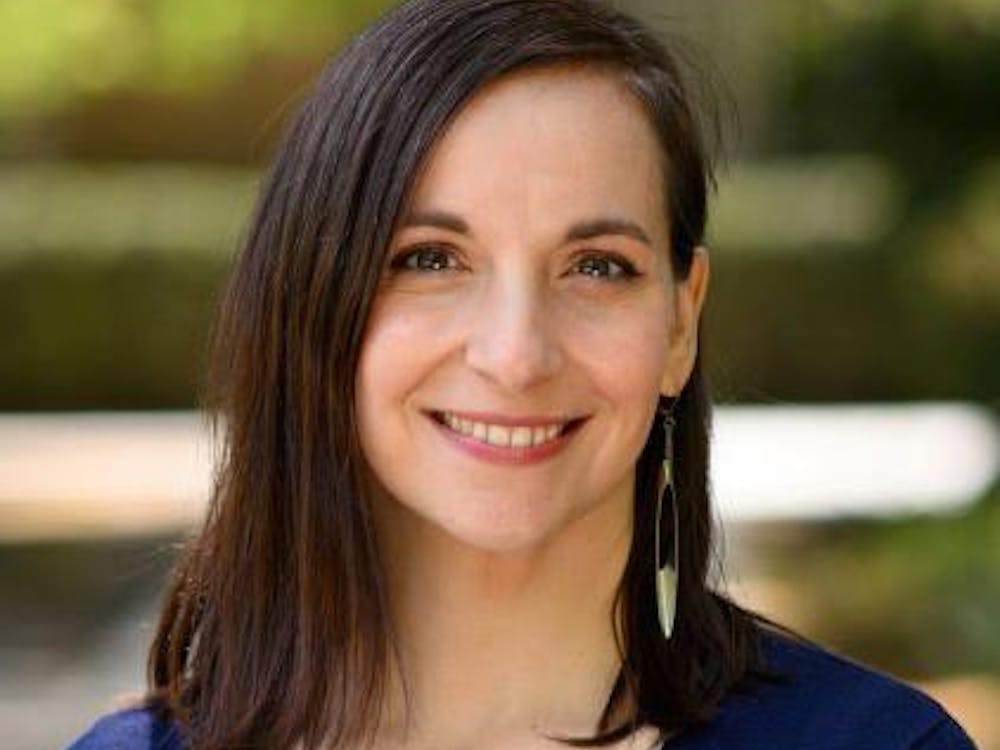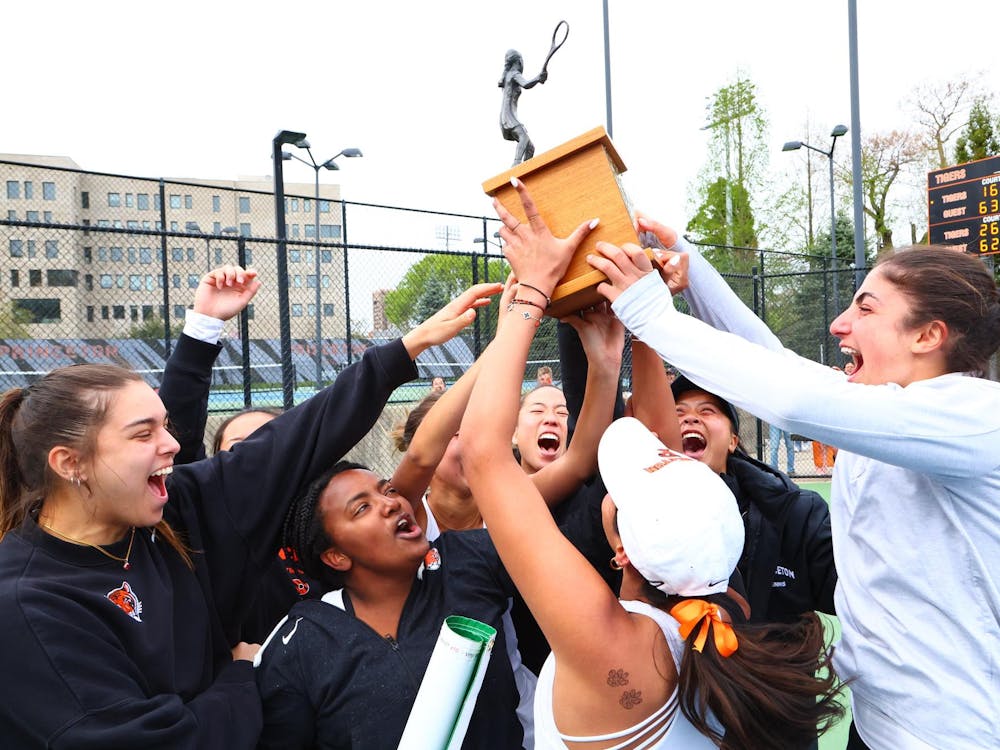After a student vote, the Student Speaker Initiative announced its five nominees of possible campus speakers: Shakira, Danny Devito, Ben Shapiro, Barack Obama, and Michelle Obama ’85. All candidates garnered over 12 votes.
Tyler Eddy ’21 created the Student Speaker Initiative to rectify two perceived problems: first, the difficulties students face in bringing speakers to campus, unless they belong to a student group; second, the lack of viewpoint diversity in prior lecture series.
“It was a remedy to both situations,” Eddy explained.
Eddy created a Google Form that allowed students to nominate speakers. He sent it to two residential college listservs and received over 300 responses.
Students can vote on their top choice among the five final nominees until 10 p.m. on Sunday, Nov. 17. As of Nov. 8, over 1000 students have voted.
Eddy said this voting round is a trial run meant to demonstrate student interest. He has met with different administrators and department heads to discuss funding sources.
“The University will take very serious consideration for whatever speakers the students select,” he said.
Eventually, Eddy intends for the Student Speaker Initiative to be governed by a board comprised of students and faculty.
“All [the students] have to do is nominate and vote. Once the [speakers] are selected, it’s the mandate of that board to ensure that it happens,” he explained.
Eddy emphasized that he wants to have creative conversations, such as having student questions submitted to a moderator or hosting a debate.
“It’s much more important when people have to bring their ideas together and create something new rather than give a speech that they’ve probably given to 10 other campuses,” he added.
Some students, however, do not think the initiative will bring anything new. Alejandro Roig ’21 believes that it would have “zero effect” on the types of speakers who would come to campus, because the vote would be just a “popularity contest.” Even if students nominated an underground speaker, Roig believes the “mainstream” speaker would always win.

Aisha Tahir ’21 noted that the initiative was an interesting idea but thought similarly to Roig.
“This is something that can be done through many groups that already bring a lot of diverse speakers to campus. I didn’t really understand the purpose of this,” she said.
Other students believed that the initiative has the potential to catalyze more diverse conversations on campus.
“I think it’s a welcome addition. If your goal is to invite more diverse speakers, then you have to start with something such as this program,” Everett Shen ’22 said. “Once it’s more established, then you can start moving it towards the direction that you want it to move, instead of just dismissing the idea altogether.”
Students also expressed concern about the lack of clarity on what exactly this initiative is and how it was organized. Shen believed that the organizers of the initiative would do well if they were more transparent about their sources of funding and relationship with the University.
Students interviewed by The Daily Princetonian said they only heard about this initiative after the top five nominations were selected. Shen said he would have nominated Andrew Yang, a 2020 presidential candidate, but was not aware of the initiative when nominations were being accepted.
“It needs to be made a lot more public before they even begin the nomination process so people have a choice in who gets nominated,” Tahir said.
“Shouldn’t I be told about the fact that this initiative is happening and the kind of intensity and power it has?” she added.
Another concern was how the initiative would address arranging for those speakers to visit campus in the first place. Tahir said she believed that the initiative needs to adopt better criteria of who may be nominated, because, “if you’re letting your imagination run wild, it’s not realistic.”
The initiative has spurred debate about what the concept of “free speech” means on college campuses, specifically because of the controversial nature of one of the five nominees — Ben Shapiro, a conservative political commentator.
Some students were troubled by the fact that they see Shapiro as the only nominee who might realistically come to campus. Tahir thought that the organizers of the initiative “need to critically think about what this platform means and who needs to be engaging with this platform, because it could get quite chaotic if it is that democratic.”
Editor’s Note: Quotes have been removed from this article with claims that could not be independently verified by the Daily Princetonian. The ‘Prince’ regrets the error.









